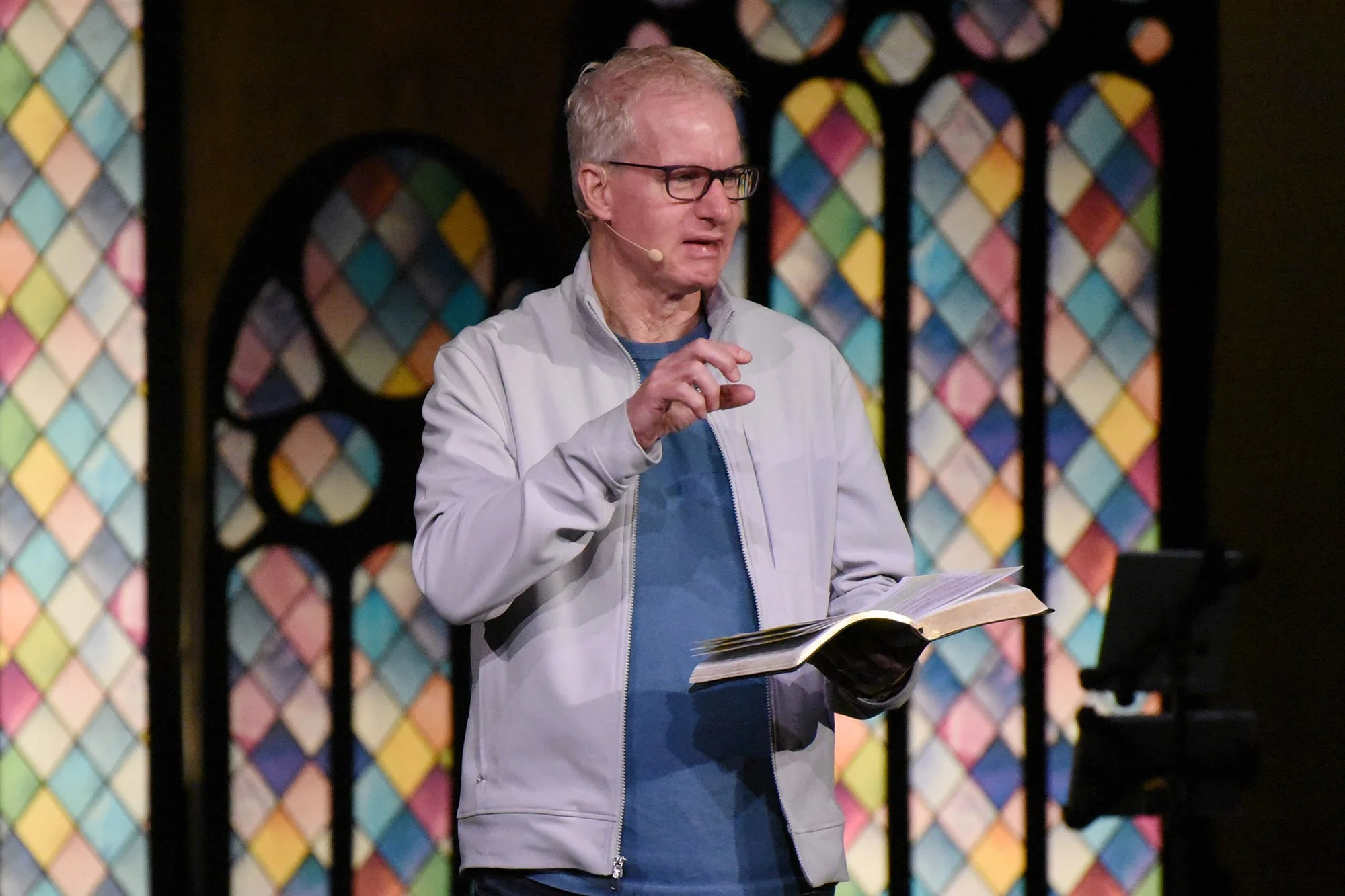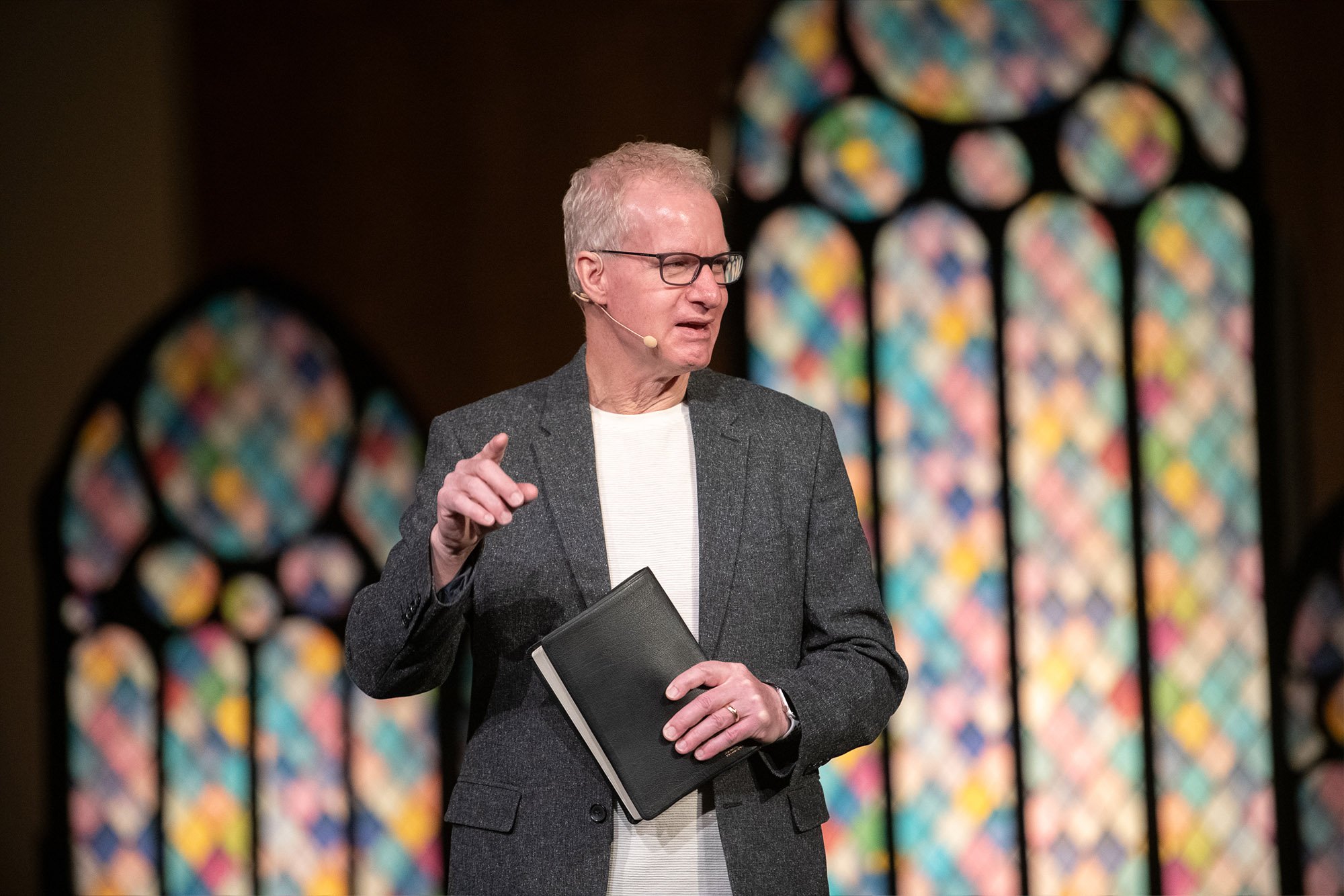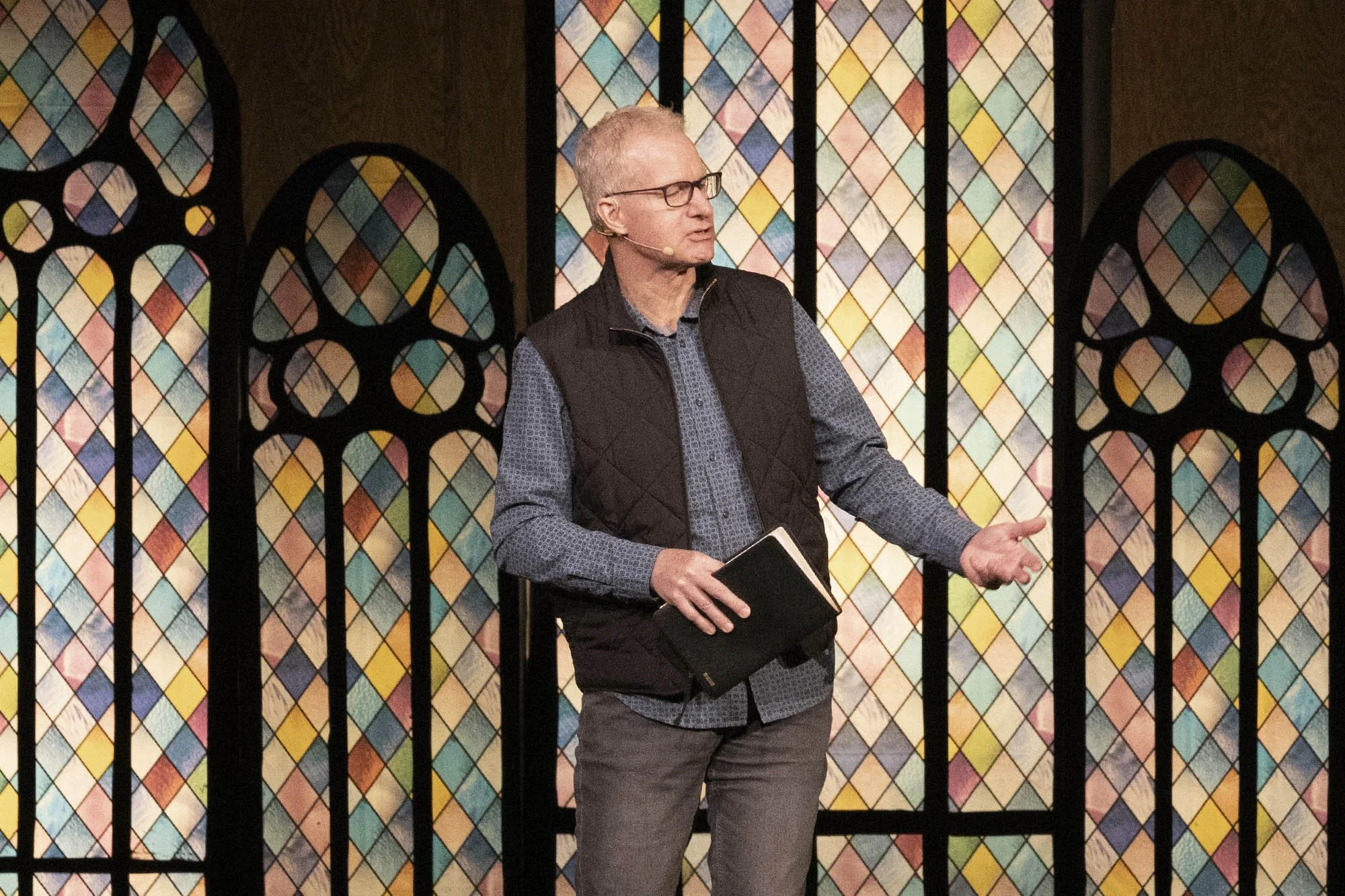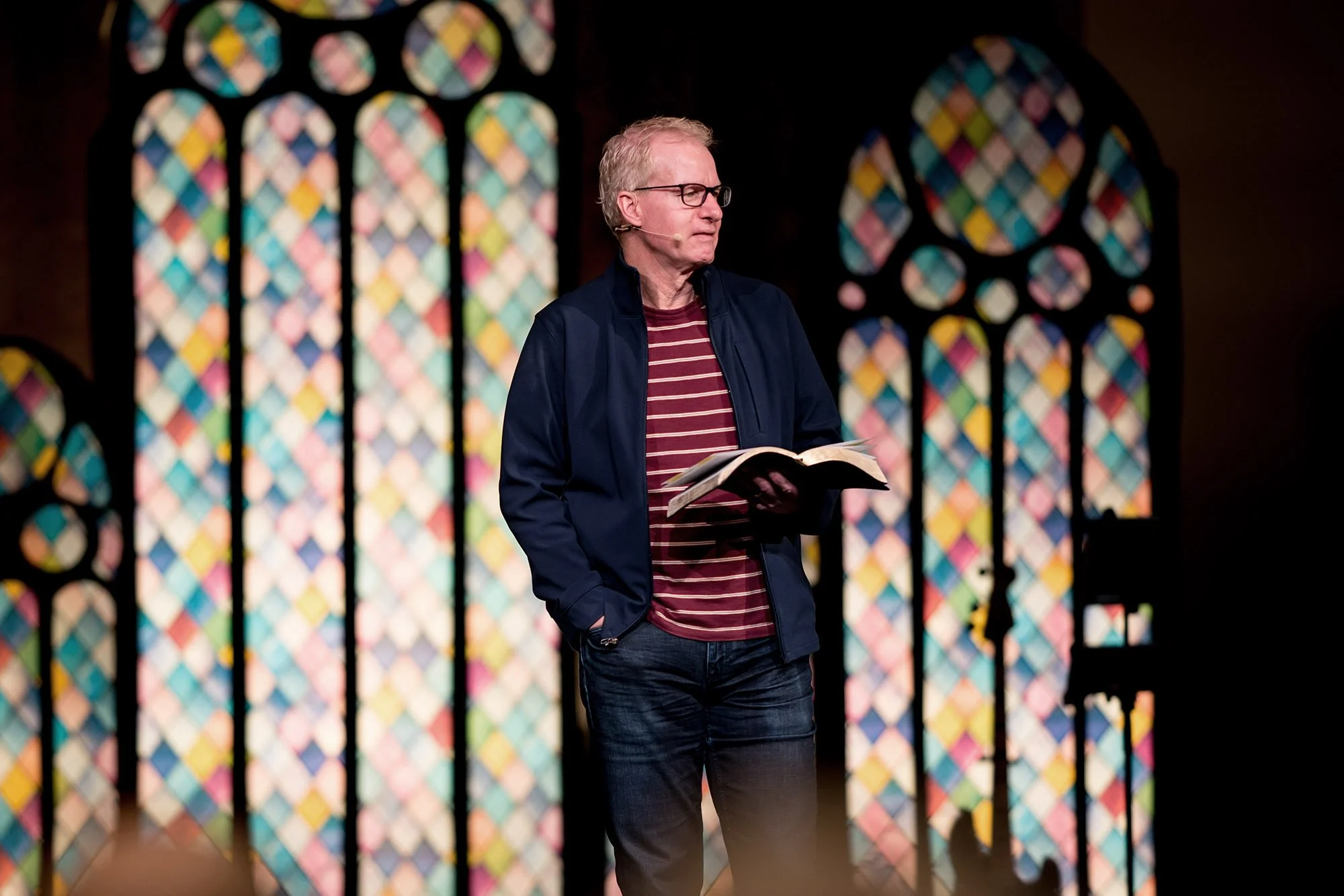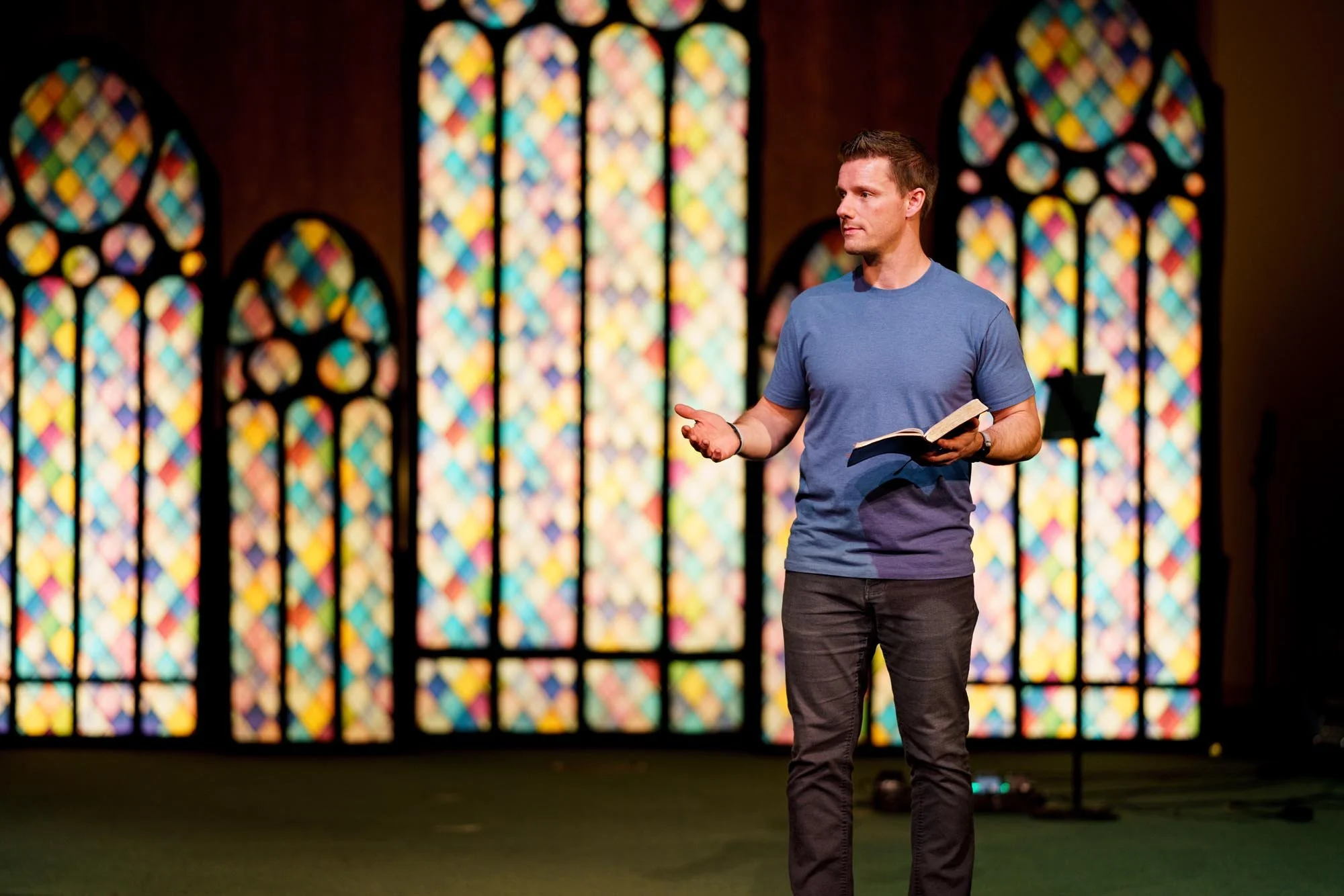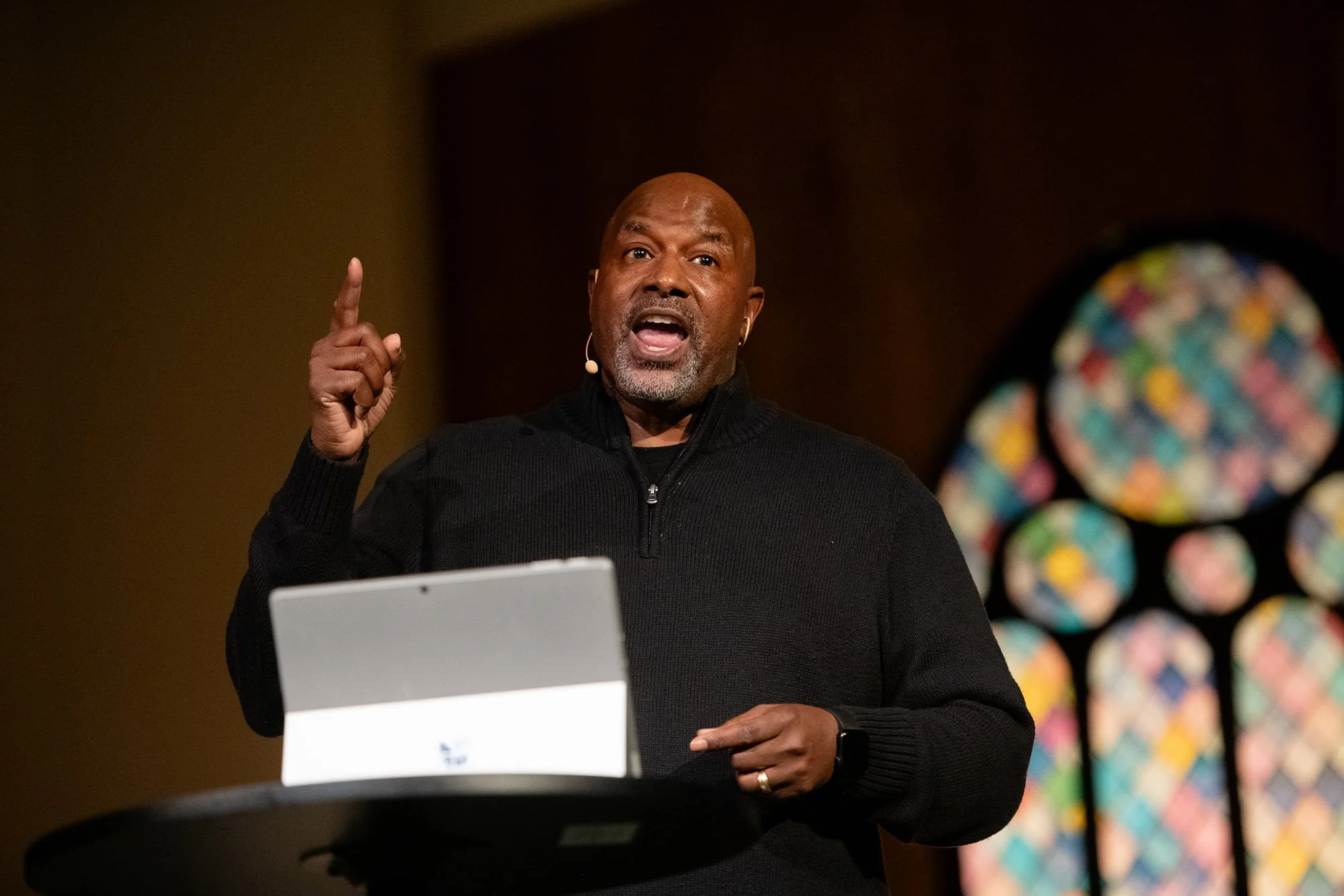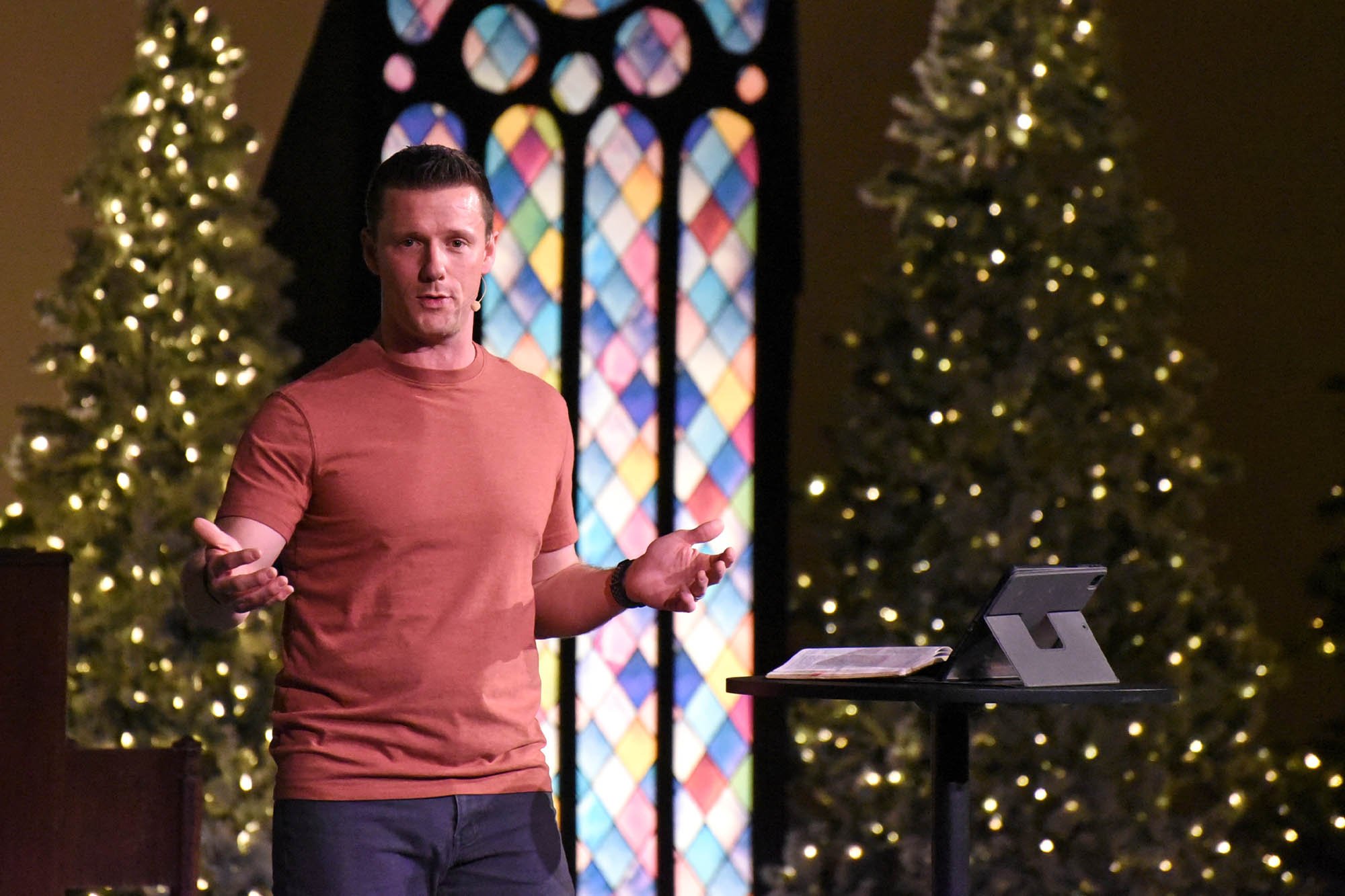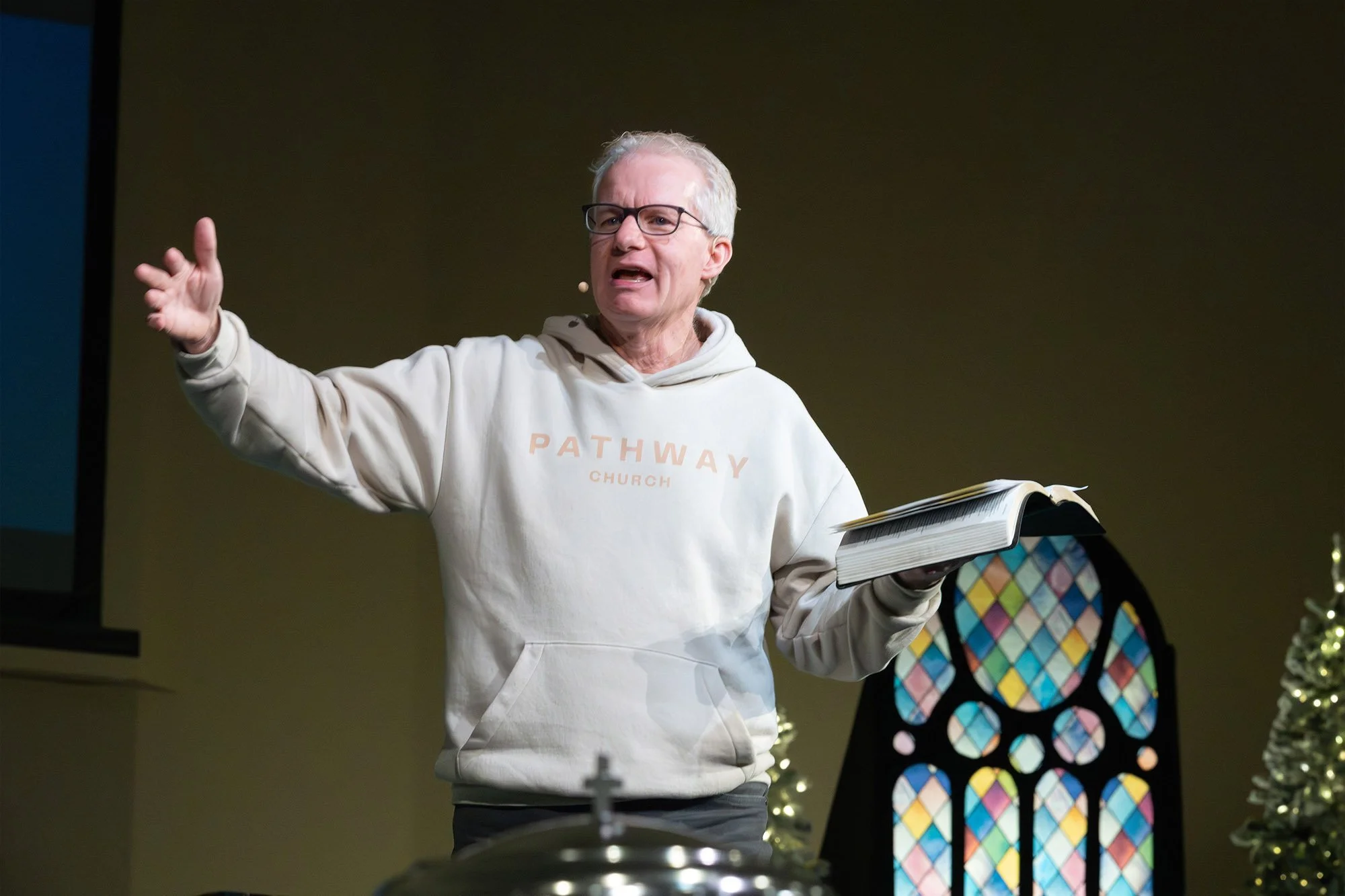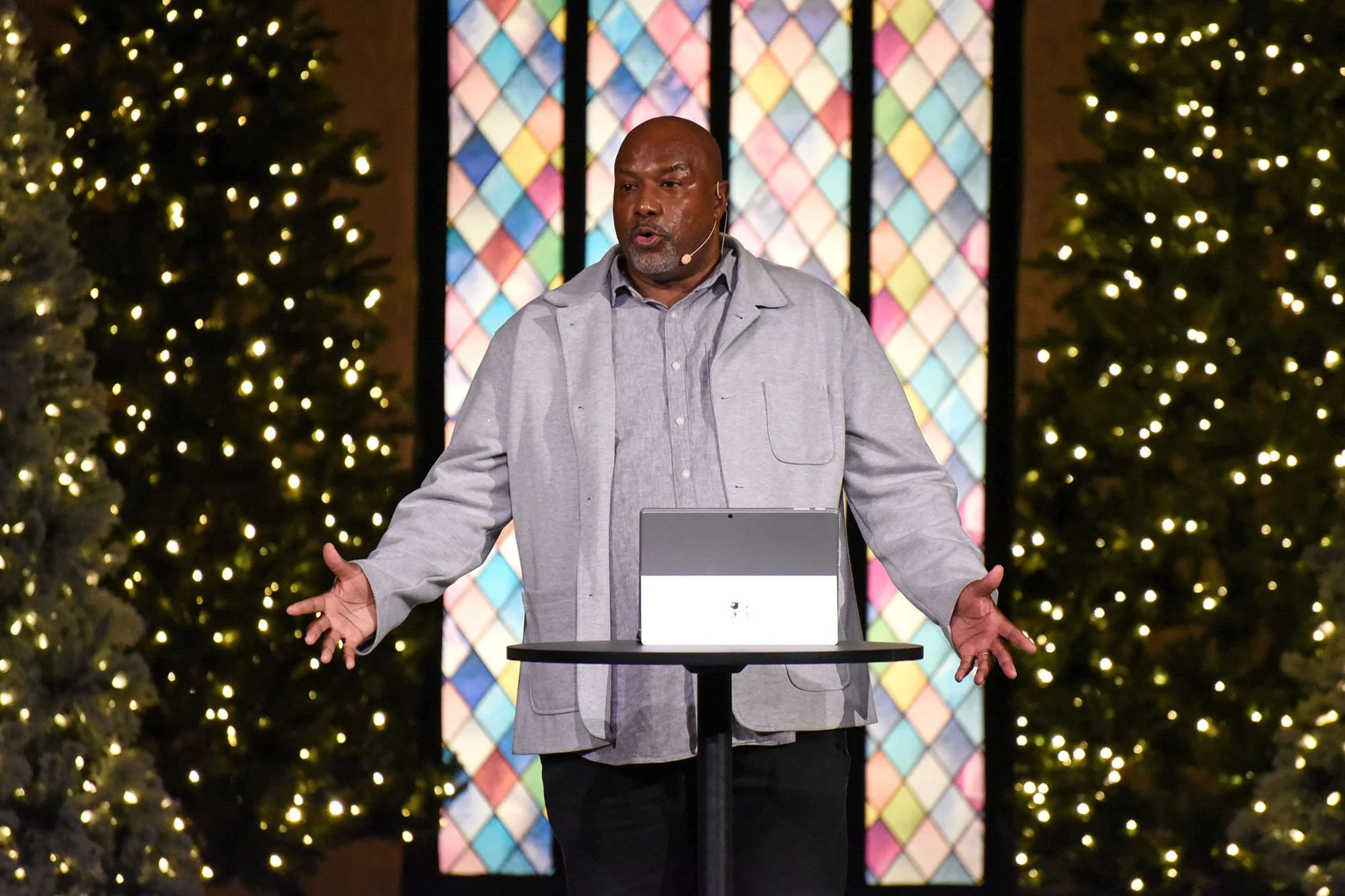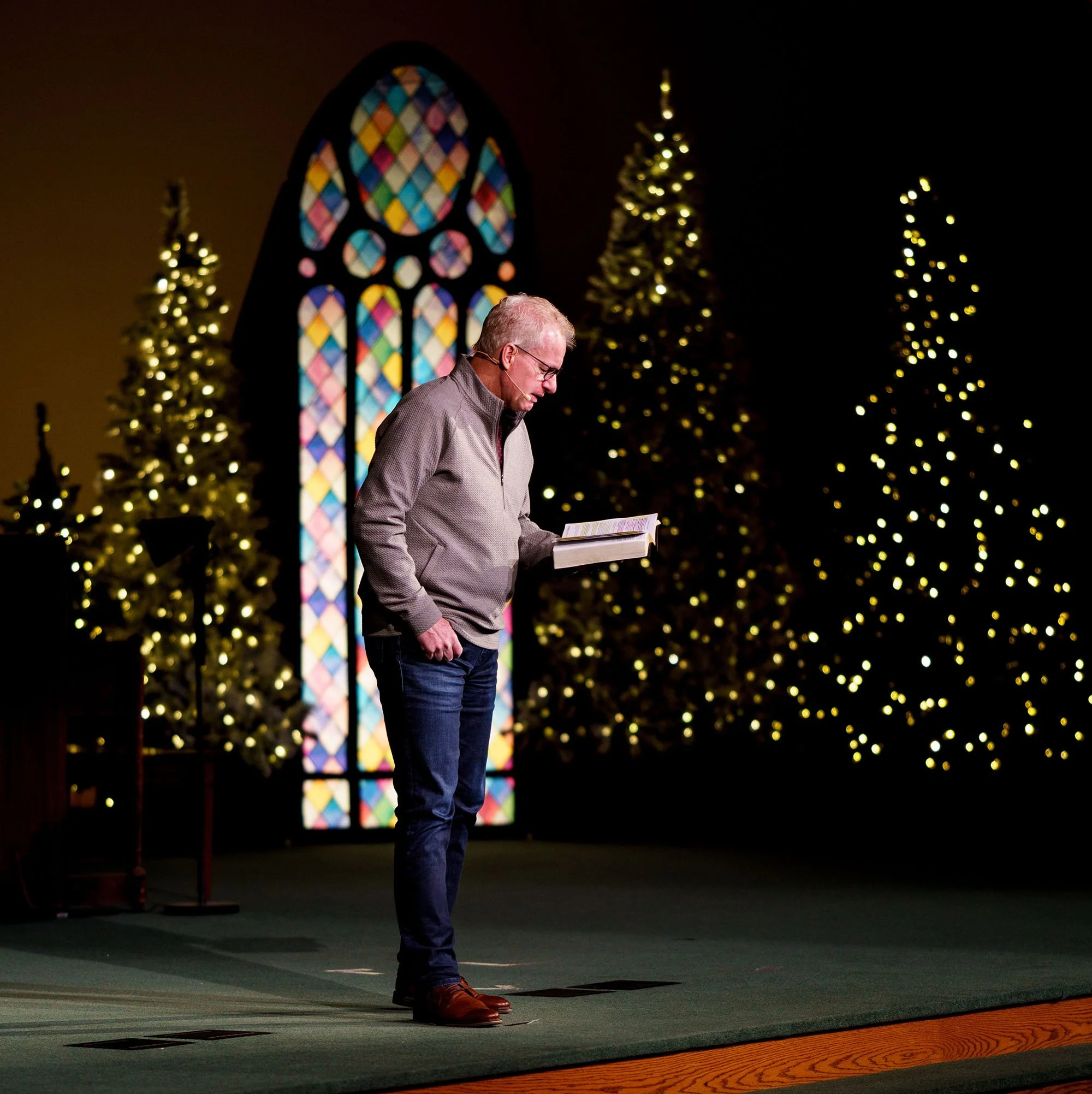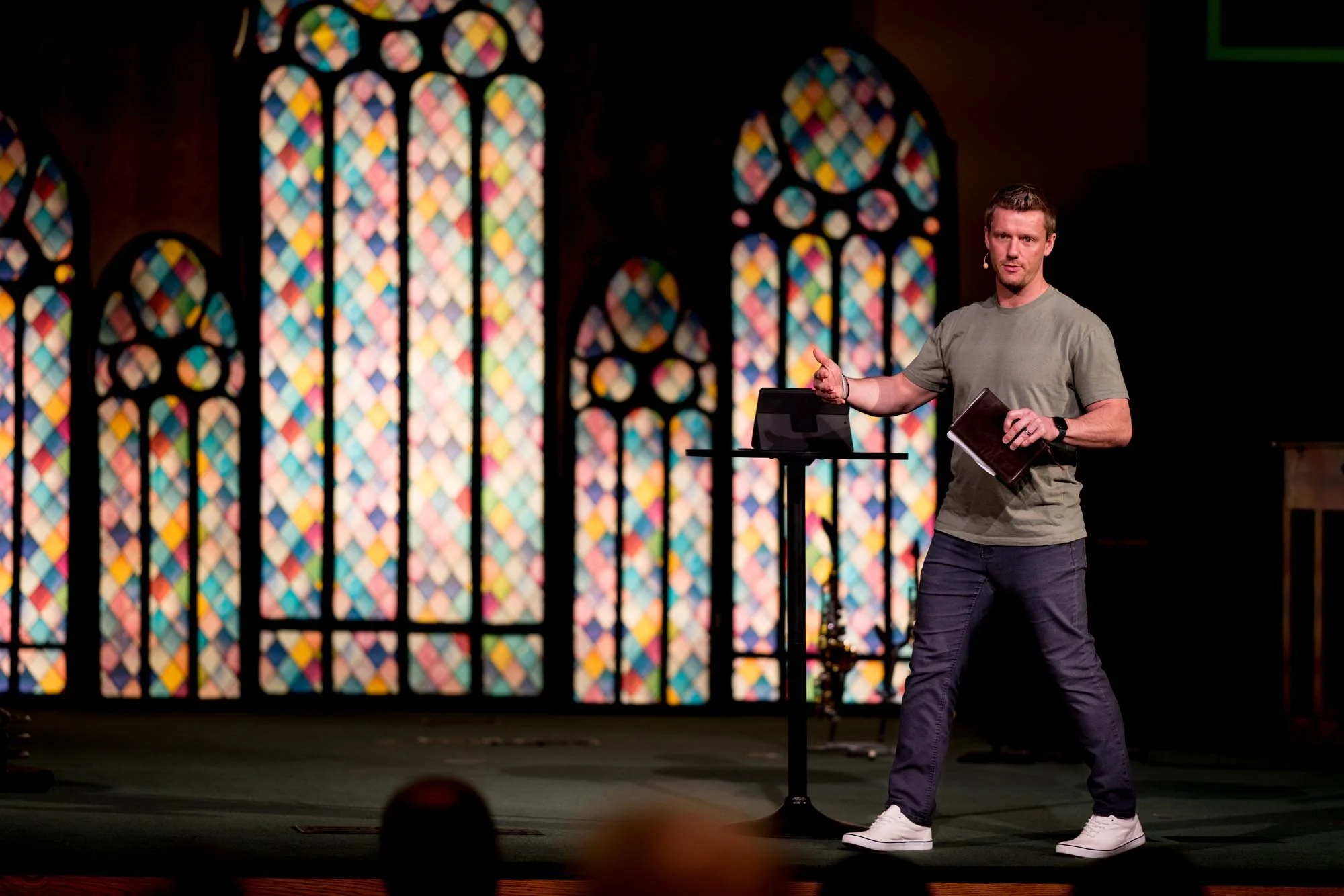
Hebrews reminds us that Jesus is not merely one voice among many spiritual beings—He is above all. By tracing Old Testament promises and prophecies, we see that the Son reigns with eternal authority, worthy of worship and seated at the right hand of God. This message calls us to come personally to Christ and to keep growing in our understanding of who He truly is.
The book of Hebrews opens with a bold declaration: Jesus is greater. Greater than the prophets, greater than ritual, greater than anything that came before. In Christ, God has spoken fully and finally. Don’t settle for shadows when the substance has arrived—rest in the finished work and live in the fullness of the upgrade.
True joy isn’t found in getting more but in giving more. When we align our hearts with God’s purposes, practice purposeful generosity, and trust in His divine provision, we step into the life of overflow He desires for us. Freedom from money’s grip begins when we loosen our grip on it. Joy grows where generosity flows.
Every life is shaped by choices, and the way we handle our resources sets the trajectory of our future. Jesus invites us to choose between temporary treasure and eternal investment. Overflow is not found in holding tighter, but in trusting God with what He has placed in our hands. The choice is ours.
God desires His people to live with overflow, not anxiety or fear about the future. This message explores the beliefs and fears that block the flow of God’s provision and keep generosity at bay. By shifting trust to God and releasing control, freedom begins to replace fear. Overflow is not found in holding tighter, but in trusting God more deeply.
What you set your mind on shapes who you are becoming. Scripture reveals that the battle for peace, faithfulness, and spiritual growth often begins in our thoughts. In this message, we are invited to take every thought captive, filter it through Christ, and intentionally set our minds on what leads to life and peace.
Growth was never meant to happen alone. From Moses’ leadership in Exodus to the early church in Acts, Scripture reveals God’s design for spiritual formation through shared life and community. This message explores why growth groups matter, how they shape disciples, and why we truly grow better together.
Serving is not about filling gaps or meeting expectations; it is about stewarding the gifts God has given for the good of others. When believers move from consuming to contributing, from criticizing to taking ownership, and from casual involvement to committed service, the church grows as God intends. Every part matters, and every gift has a purpose in building up the body of Christ. This message calls the church to recognize the real need and respond with faithful obedience.
What happens when worship moves beyond routine and becomes real? In Isaiah 6, a clear vision of God’s holiness leads to honest self-examination, the receiving of grace, and a willing response of obedience. This message invites us to own worship as a defining priority that shapes not only how we gather, but how we live.
As we conclude He Shall Be Called, we look to Psalm 91 and the name Jehovah Machsi — the Lord our refuge. This message reminds us that God’s protection does not remove suffering but carries us through it with peace, confidence, and eternal hope.
Jehovah Jireh means “The Lord Will Provide,” and Genesis 22 shows us exactly what that looks like. Through Abraham’s obedience and God’s timely intervention, we’re reminded that God provides guidance, courage, and solutions even when the path feels unbearable. Ultimately, this story points us to Jesus — the greatest provision of all.
In this Advent message, we explore Jehovah Shalom — The LORD Is Peace — through Gideon’s encounter with God in Judges 6. True peace, Scripture reveals, is more than the absence of conflict; it is the presence of God bringing wholeness and security to our lives. As we look to Jesus, the Prince of Peace, we’re invited to receive a peace that steadies our hearts even in uncertain seasons.




